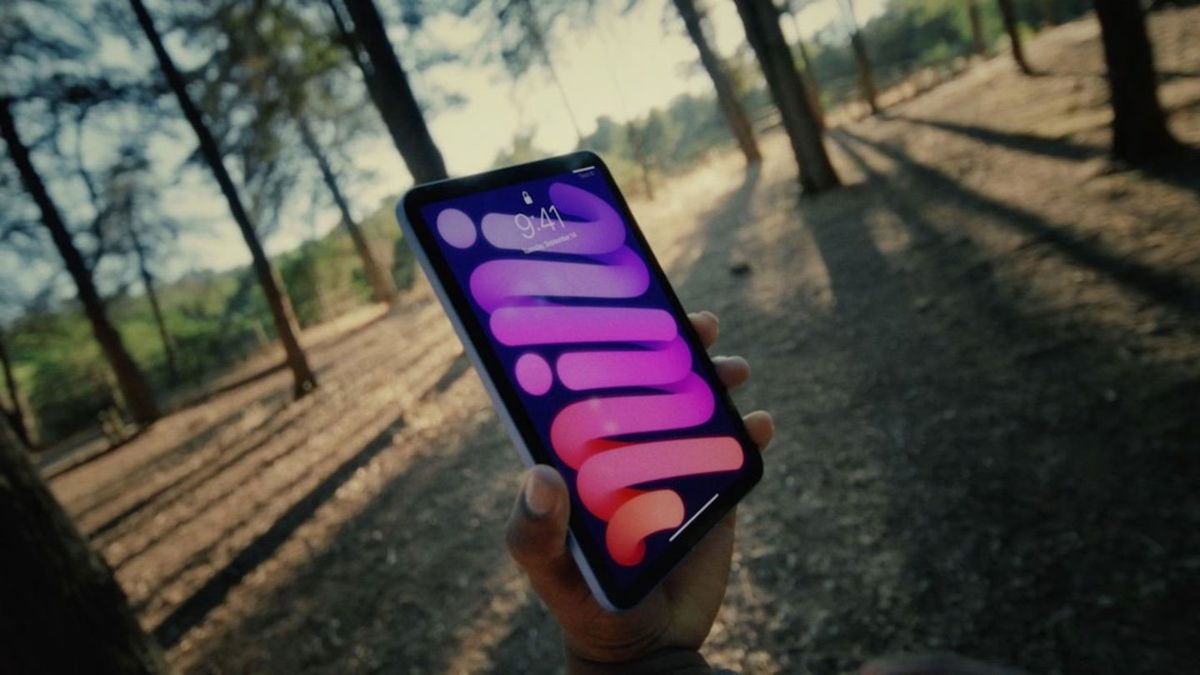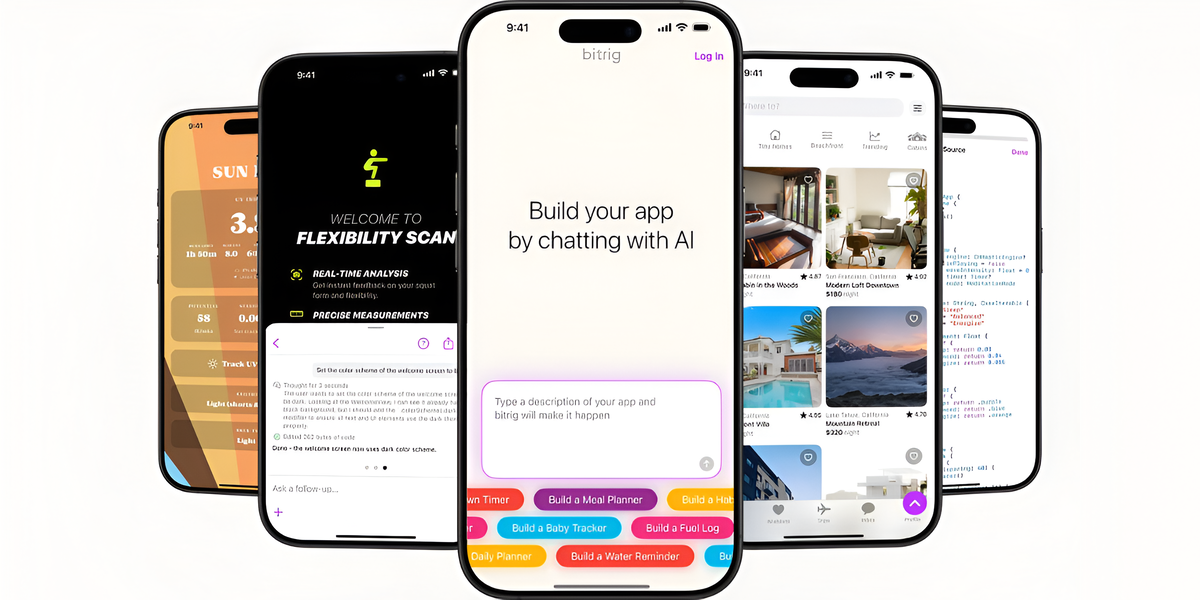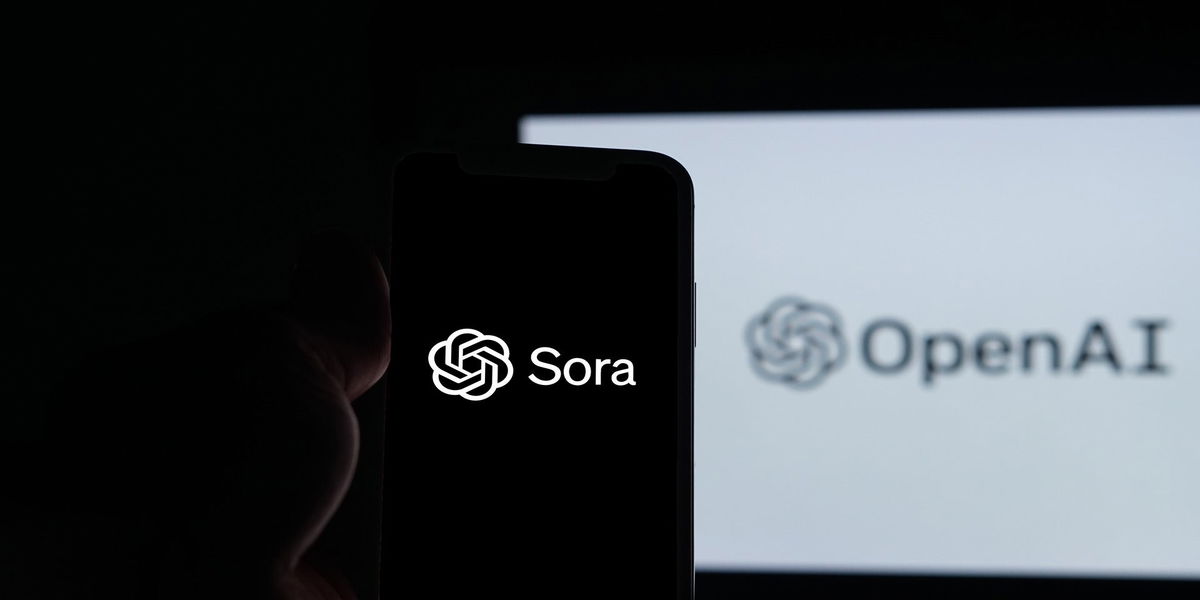Without fear of misunderstanding or exaggeration: Social networks create an addiction similar to cocaine and alcohol. Various studies that have come to this conclusion have been able to identify, among other factors, the option of unlimited scrolling, referred to as ‘infinite scrolling’, as one of the causes of said addiction.
Ara Raskin, the creator of this hypnotic technology, described it as “behavioral cocaine.” Experts from the West Hartford Internet and Technology Addiction Center found in their study that this factor creates the same effect on people’s brains as slot machines (another bad habit), called “intermittent reinforcement,” meaning that the person “feels like they can get a reward at any time.”
According to the same center, young people This factor produces the same actions in the brain that cause alcohol and drug addiction. In the whirlwind of ‘eternal pursuit of happiness’, that sneaky moment of ‘joy’ produced by a video, character or moment.
(
In a 2018 interview with the BBC, Raskin admitted with regret that the concept of infinite scrolling (like everything on the web) was born in disguise, supposedly “to make it easier for the user to consume content”; What it does is prevent the brain from “having enough time to process the information it sees and failing to synchronize it with the impulses”, which creates the ‘cocaine’ type effect of wanting to see and see without stopping.
Infinite scrolling has a purely economic goal, as we can see from the passion of social networks: The longer we continue to scroll downwards, the more we pass information to the algorithm to summarize our tastes, tendencies and possible actions.This is information that the company behind sells to advertisers.
(You may be interested in: According to a study, social networks can trigger dangerous addictions in young people)
On top of all this, the European Parliament last week voted on a directive that would force companies like Meta (Facebook and Instagram) and TikTok to eliminate endless scrolling.
With 545 votes in favour, within the framework of ‘the right not to be disturbed digitally’, This decision will cause Facebook, Instagram and TikTok to be seen and used differently in European bloc countries, It protects the user from the hell of endless scrolling, in addition to other functions that guarantee controlled consumption of social networks.
Other must-have functions in Europe include disabling all social media notifications by default (another hellish function to keep us addicted) and ‘thinking before sharing’ to prevent people from redistributing content almost without thinking.
(
Network dependency is real. Here are some tips to combat this:
Enable time control on networks. All networks include features to help you track your time. On Instagram, this is called ‘Time in App’. You can turn on this feature under ‘Screen Time’ in Settings and Privacy on TikTok.
Disable notifications. Go to Notifications on your phone and turn off this feature for all social media apps.
Self control. Define a time for your networks. Block network apps for an hour a day during a specific time period and the rest of the day (Android and iOS allow this).
JOSÉ CARLOS GARCIA R.
Multimedia Editor
@JoseCarlosTecno on networks
Source: Exame













